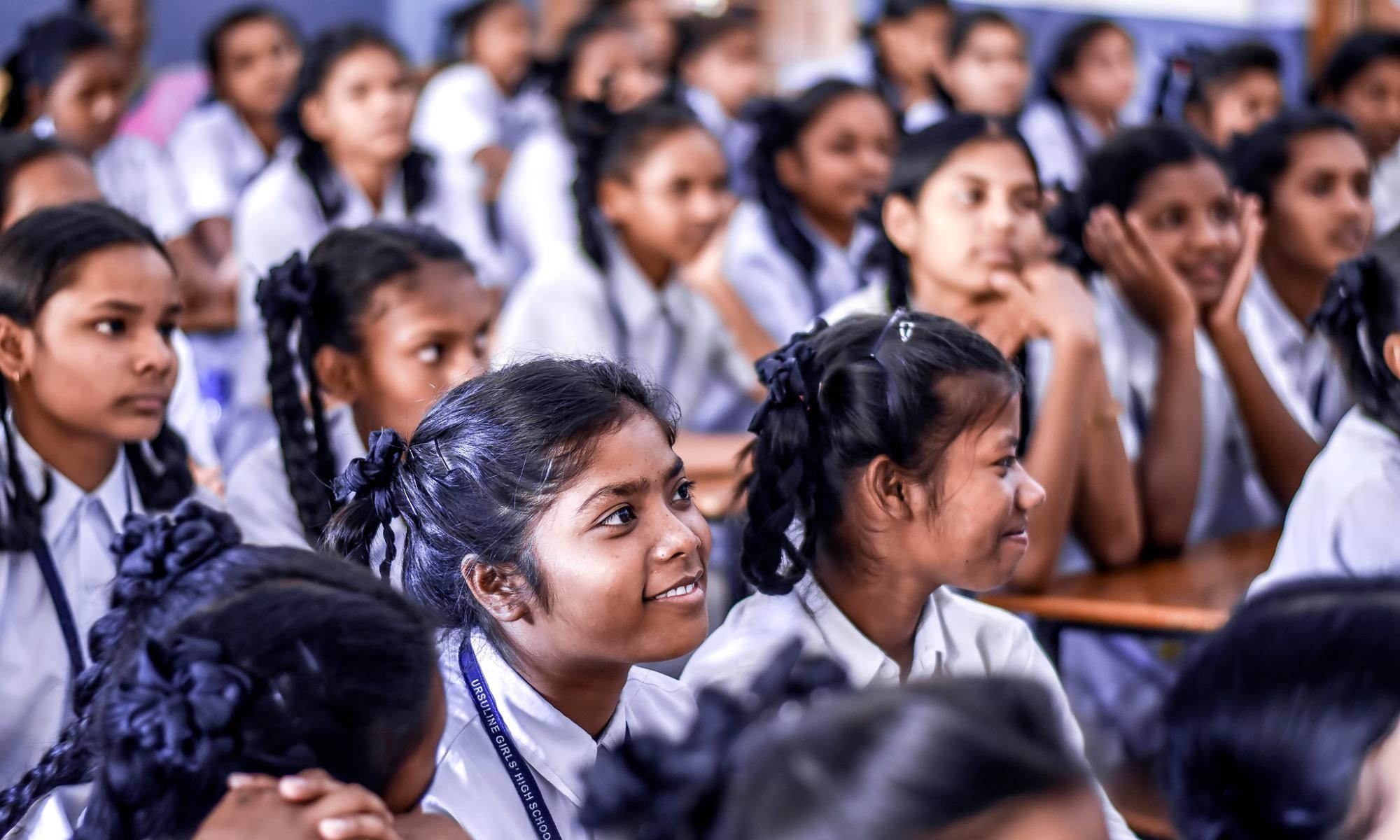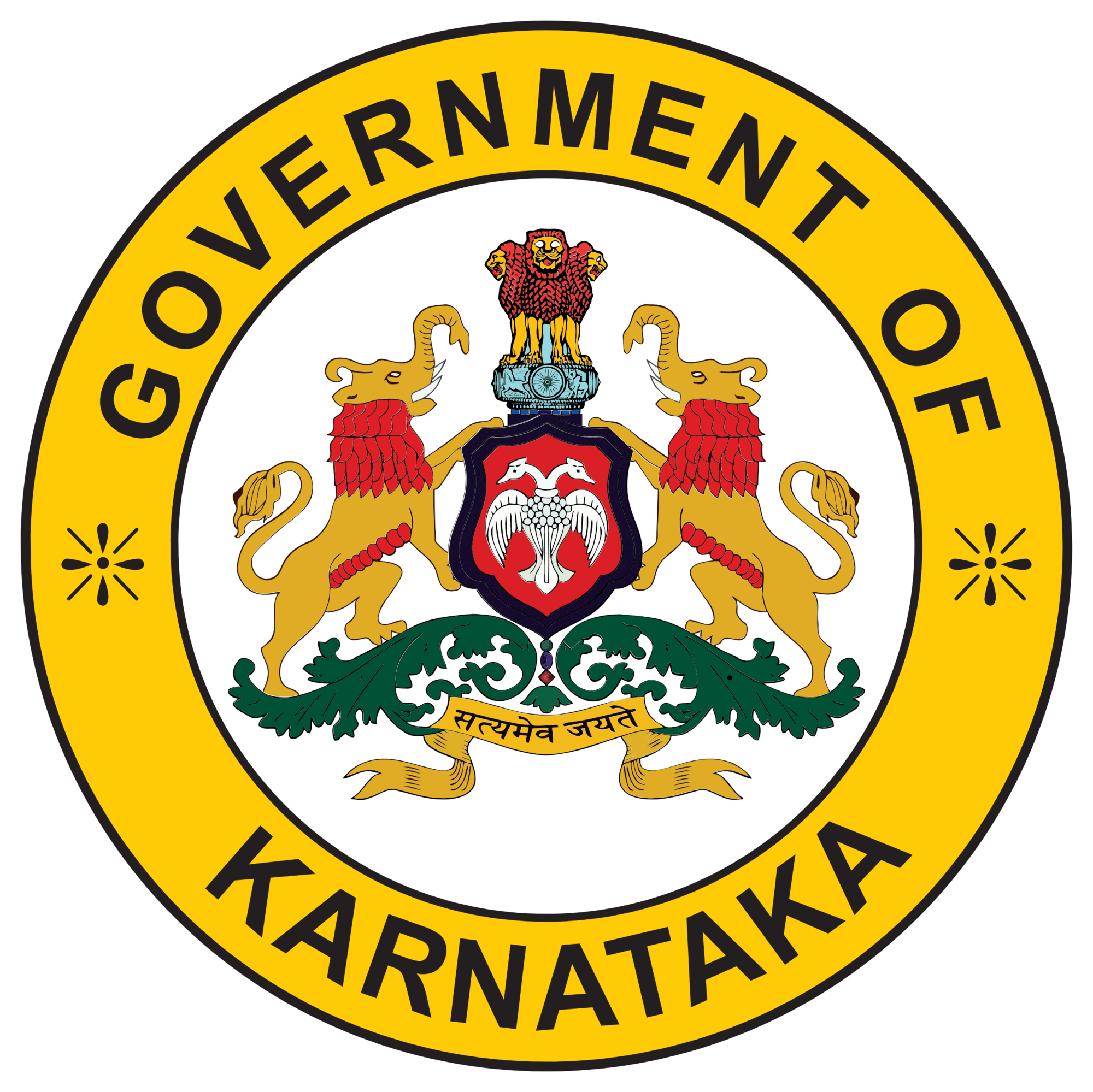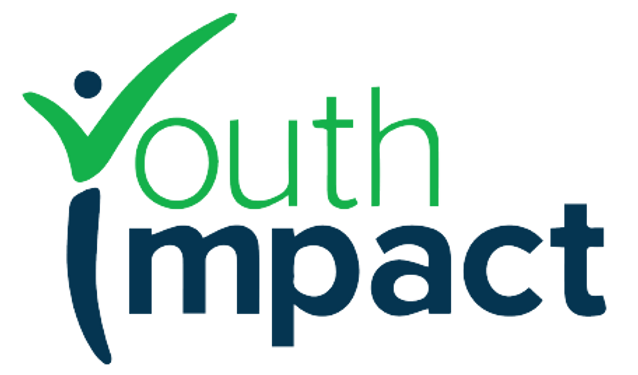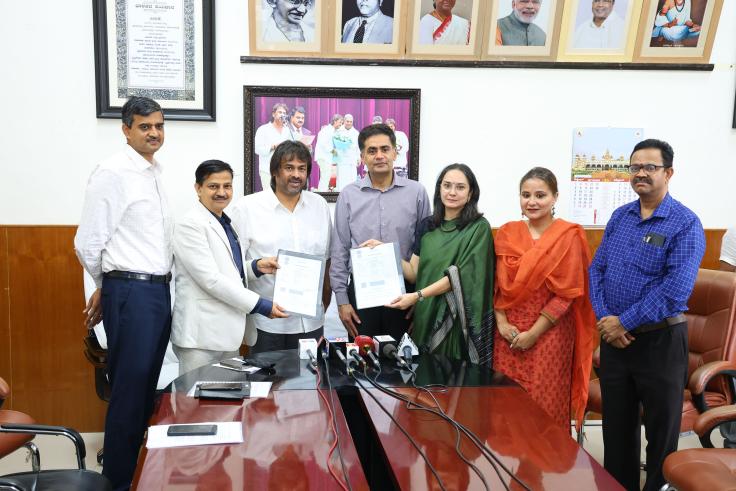
REMOTE TUTORING
Targeted, one-on-one phone tutoring program to improve math learning and parental engagement
Randomized evaluations carried out in six countries show that a targeted instructional approach delivered over phone can be effective in improving children’s basic numeracy and math learning as well as boosting parental engagement.
In India, which has one of the biggest school systems in the world, nearly every eligible child receives primary education. But they are not learning well. The ASER 2024 report found that over half of India’s 10-year-olds struggle to read a simple story or solve basic arithmetic operations such as division. These statistics have brought the significance of foundational learning — basic literacy and arithmetic skills of children — into sharp focus.

Partners
 |  |  |
| Department of School Education and Literacy Government of Karnataka | Youth Impact | Alokit |
The Government of India has been prioritizing foundational learning. It revised the National Education Policy (NEP) in 2020 to emphasize strong foundational education for children between three and eight years of age. In 2022, the Ministry of Education launched the National Initiative for Proficiency in Reading with Understanding and Numeracy (NIPUN) Bharat Mission to ensure universal foundational learning by 2025.
NGO Youth Impact developed a targeted, phone-tutoring program to improve math learning and numeracy among children. Researchers part of J-PAL’s global network first tested the program’s impact in Botswana at a time when Covid-19 resulted in prolonged school closures. Following the promising results, the program was replicated and tested in India, Kenya, Nepal, Philippines, and Uganda. The program is now being piloted in the southern Indian state of Karnataka, where it has been embedded within the government system and is being delivered uninterrupted for a full academic year.
Evidence-to-action story

Point of contact

Charul Dhingra
Policy Manager, J-PAL South Asia
[email protected]
Charul Dhingra is a Policy Manager at J-PAL South Asia, focusing on the scale-up of evidence-based programs. In her current role, she collaborates closely with program stakeholders, including NGO partners, government agencies, donors, and academic researchers, to facilitate the scaling up of Math Games.
